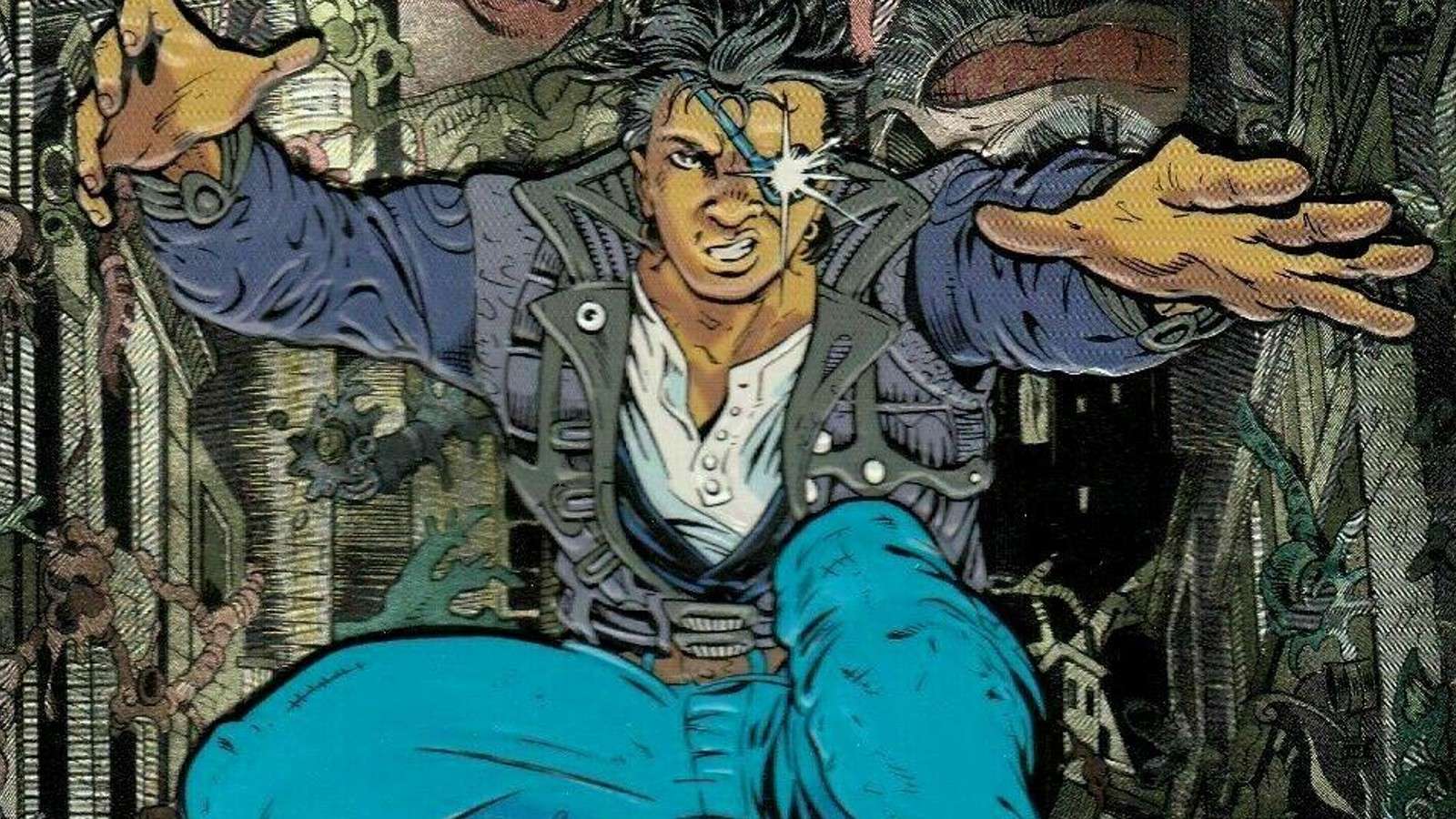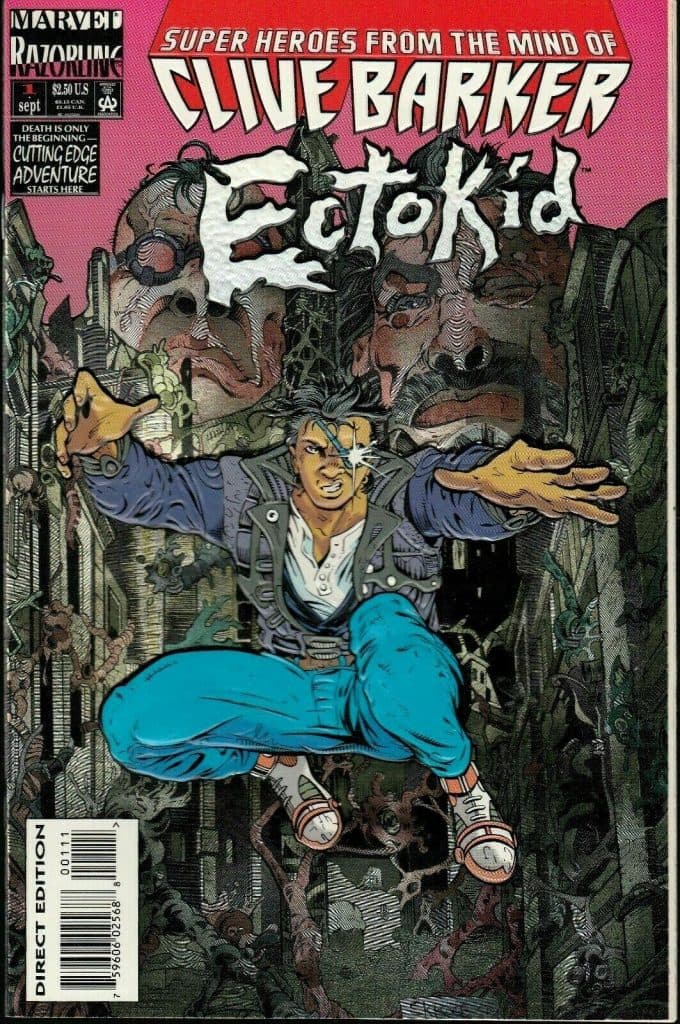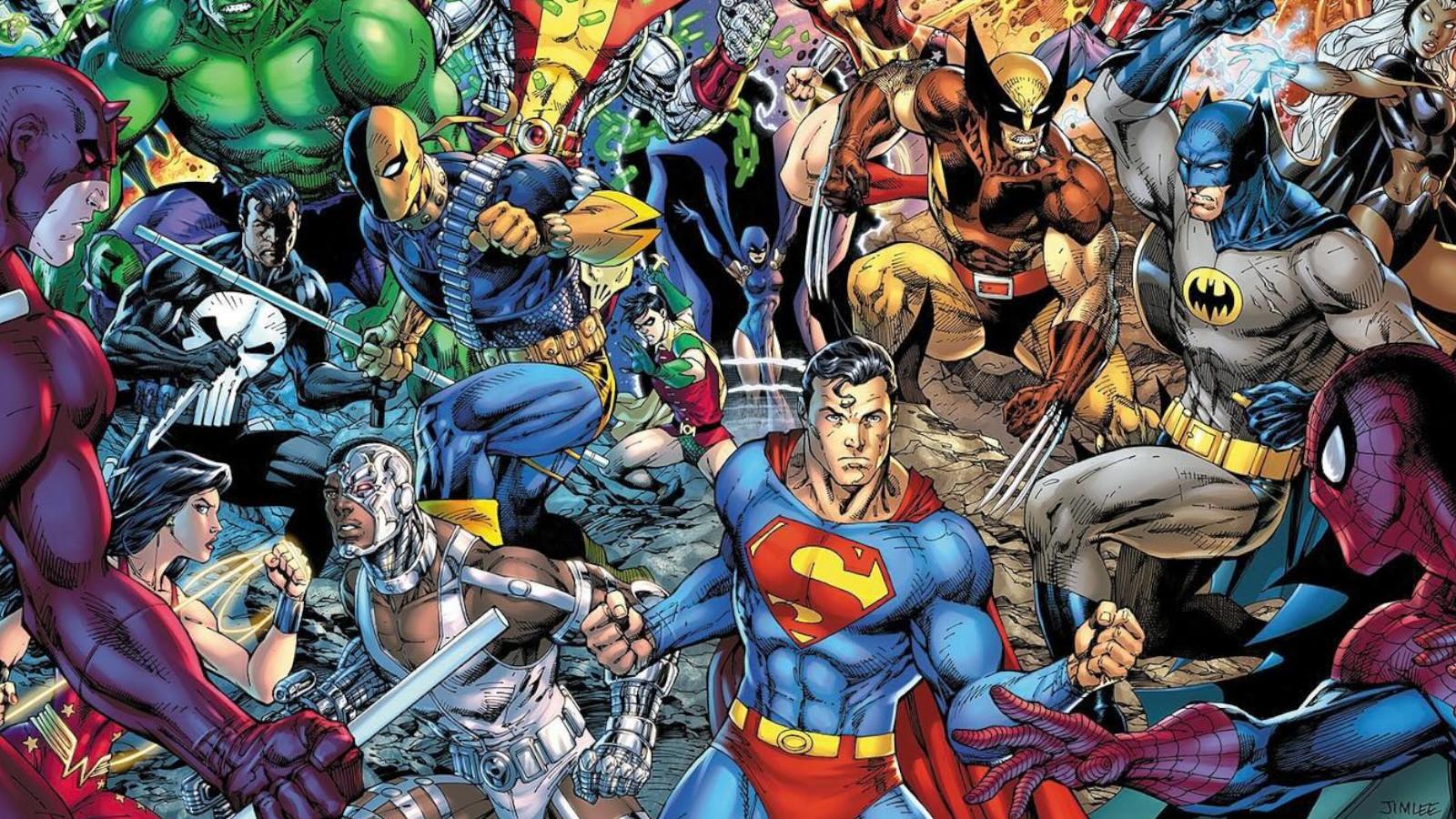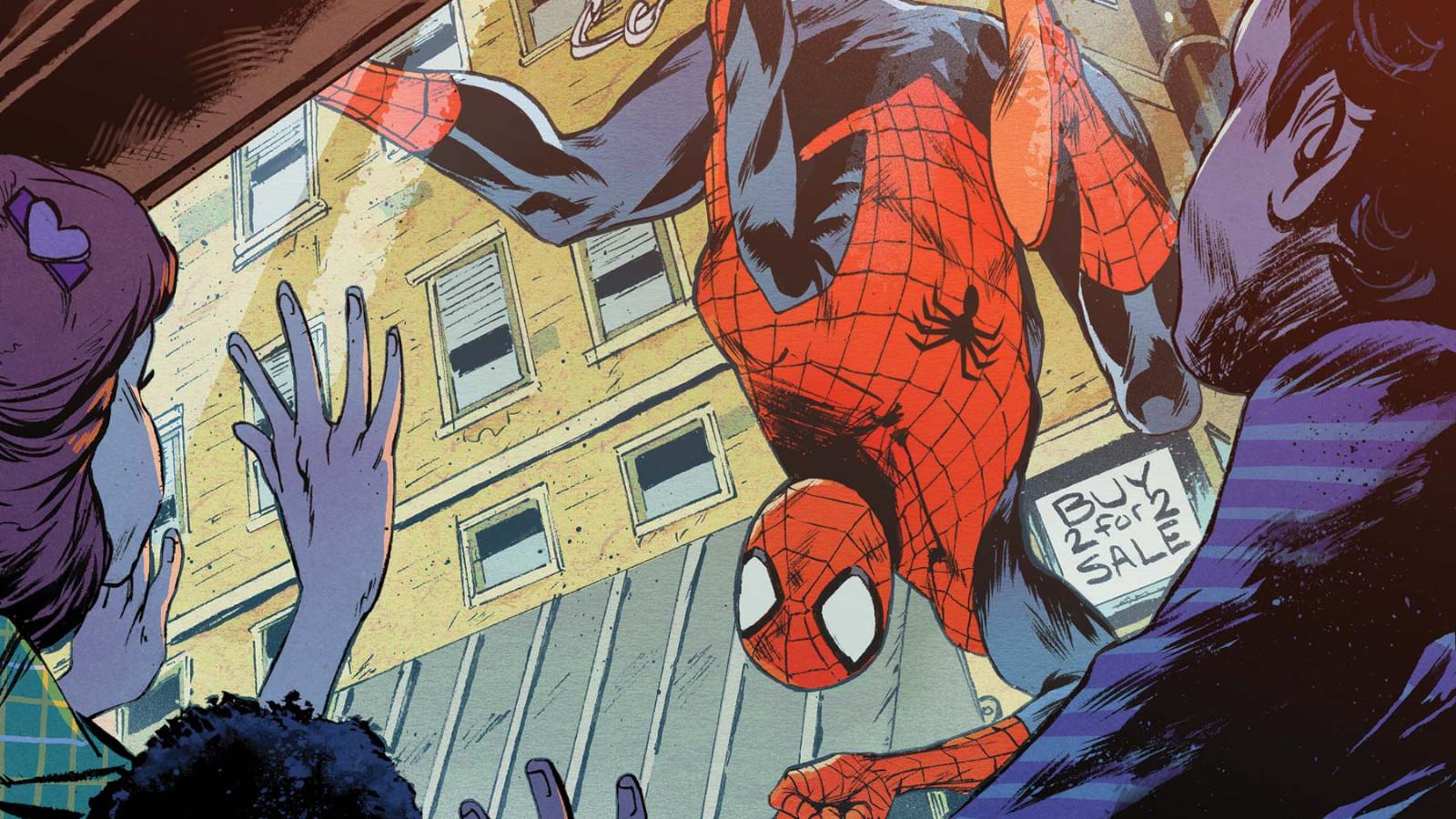Why this obscure comic is the Rosetta Stone of The Matrix
 Marvel Comics
Marvel ComicsThe Matrix celebrates its 25th birthday today, so to celebrate, we’re going back to where it all began via a 1993 comic that the Wachowskis call “the Rosetta Stone” of their work.
On March 31, 1999, the world of movies changed, as that’s the day The Matrix hit screens. Anticipation was hardly high for a sci-fi action flick from the makers of Bound, with most of that year’s blockbuster hype reserved for the return of Star Wars via The Phantom Menace.
But The Matrix changed everything, through mind-blowing special effects, jaw-dropping martial arts sequences, and nods to everything from Plato’s allegory of the cave to Descartes’ ‘Evil Deceiver’ thought experiment.
The Matrix also captured the zeitgeist, warning about the dangers of technology at a time when computers were appearing in every home, and the Internet was taking off. But it turns out the ideas that underpin The Matrix were born several years previous in a comic book published by Marvel.
What is Ectokid, aka the Rosetta Stone of The Matrix?
Ectokid is a 1993 comic created by horror icon Clive Barker and written — at various times through the nine issues — by Matrix masterminds Lana Wachowski and Lilly Wachowski.
“Ectokid is actually the Rosetta Stone of all of our work” Lana stated during an interview at DePaul University. “If you actually read Ectokid, it’s really freaky. We [recently] read some issues, and it was like, ‘oh my god.’ All of our ideas are actually in Ectokid. The Matrix is in there. Cloud Atlas is in there. It’s all in there.”
That’s very much the case from the start of Issue 1, which begins with protagonist Dexter Mungo saying to himself: “It makes perfect sense… that nothing that’s happened to me makes any sense at all. Like, who or what are these guys chasing me? And why?”
Those words could be said by Neo early in The Matrix, when he’s being pursued by Mr. Smith and his minions, for reasons that remain a mystery until he decides to take the Red Pill.
And while the characters aren’t all that similar, with Neo, a thirtysomething hacker, and Dex the teenage child of a ghost, the main similarity between both stories is that they revolve around a hero who discovers that nothing in his world is as it seems. And who, once he awakens from that slumber, realizes he can never go back.
In The Matrix, Neo learns that his world is essentially computer-generated, and machines are using human bodies as an energy source. In Ectokid, Dex discovers a dimension called the Ectoverse, which is adjacent to ours, and filled with monsters of myth and legend.
During an interview with Marvel Age at the time, Clive Barker described the inspiration for that tale, and his words could apply to Neo: “Ectokid… is a kind of dream story for the 15-year-old that’s still alive to me – the tale of an adolescent who lives in two worlds and has access to a whole other sphere of reality.”
 Marvel
MarvelLana Wachowski — and an uncredited Lilly Wachowski — wrote Issues 4-9 of Ectokid, where they explored ideas that would form the backbone of The Matrix. But the comic also impacted their movie in another seismic way.
Steve Skroce was the penciller on Ectokid, and several years later the Wachowskis carried him over to The Matrix. Skroce was the artist who created the storyboards that persuaded Warner Bros’ to green-light the movie, and would go on to craft the visual blueprints for two sequels that quickly followed.
Meaning Ectokid influenced pretty much every aspect of The Matrix — from story to theme to visuals — which is why the Wachowkis consider those nine issues to be important building blocks, as well as the movie’s Rosetta Stone.



